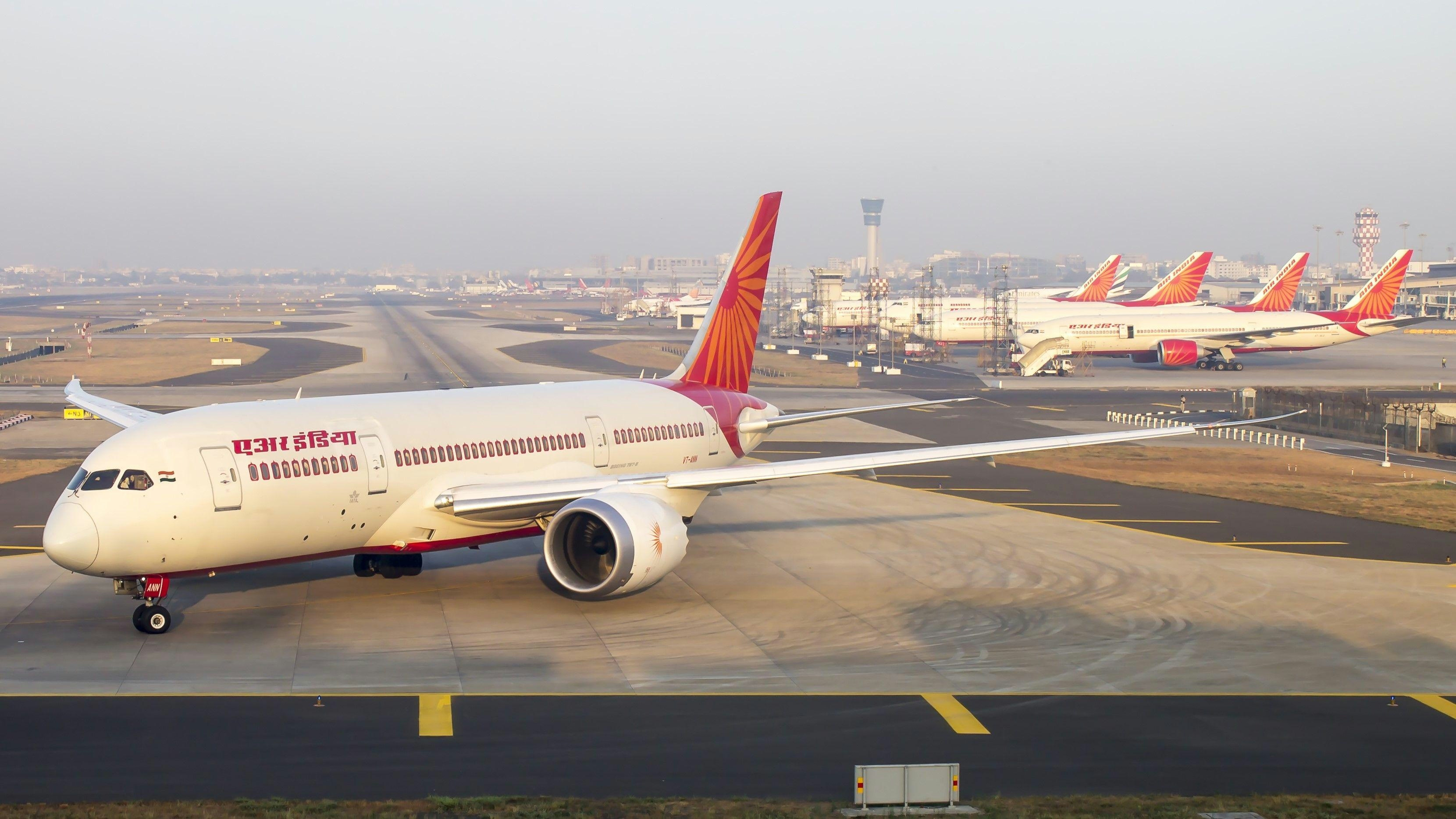
Smarter email, faster business.
Trending
PIA Gains Sales Tax Exemptions on Aircraft Imports and Leasing in New Budget
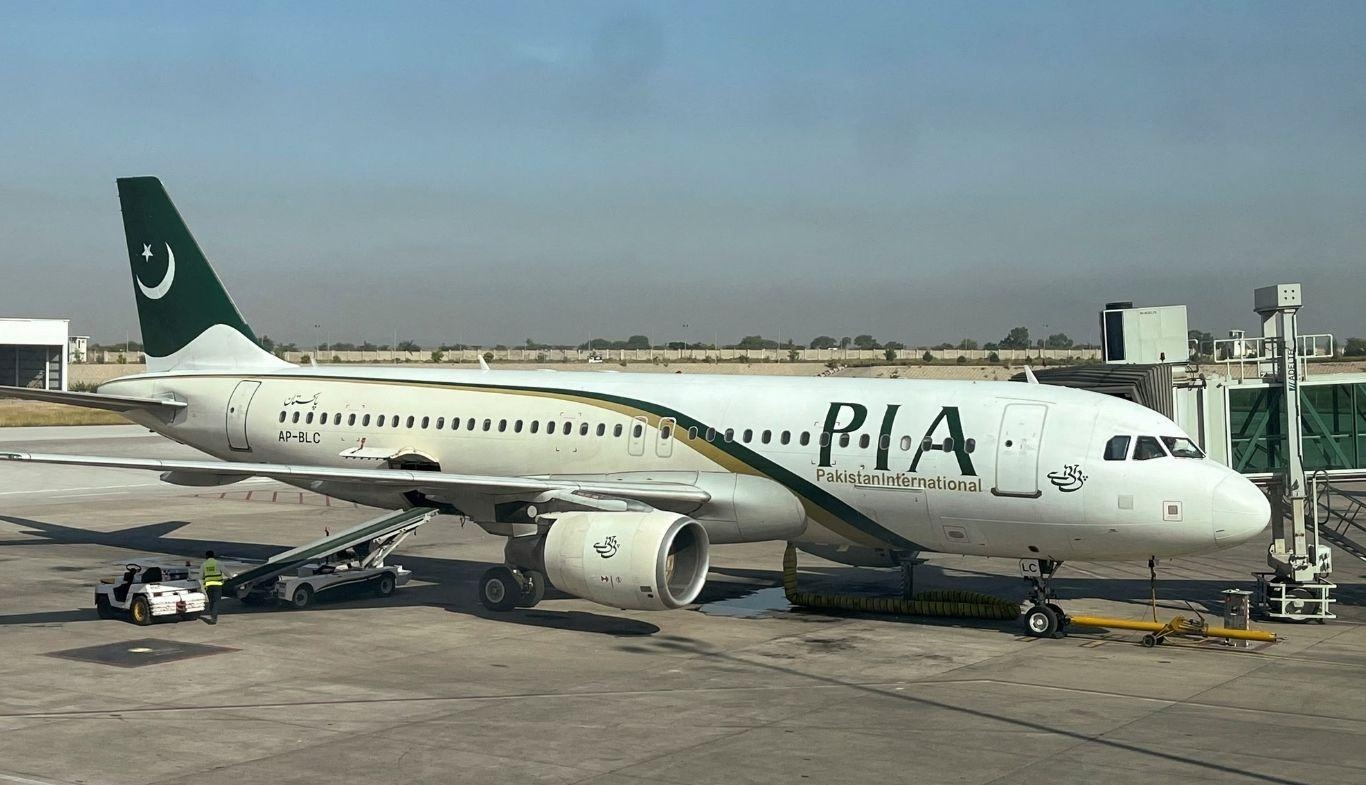
PIA Granted Sales Tax Exemptions on Aircraft Imports and Leasing in New Federal Budget
The federal government has introduced significant sales tax exemptions for Pakistan International Airlines (PIA) on aircraft imports and leasing as part of the fiscal year 2025-26 budget. This policy aims to support the national carrier’s ongoing privatization efforts and address its longstanding financial challenges.
Scope of the Tax Exemptions
Under the new framework, PIA will be exempt from sales tax on aircraft acquisitions, whether imported or obtained through wet or dry lease agreements. The exemptions extend beyond aircraft to encompass a wide range of aviation-related goods and equipment. Seven principal categories of aviation imports will now attract zero percent customs duty. These include complete aircraft, aircraft spare parts, simulators, maintenance kits for trainer aircraft, specialized machinery used in Maintenance, Repair, and Overhaul (MRO) operations, aircraft engines, and operational tools for new airport facilities.
Significantly, the exemption on aircraft imports has been backdated to March 19, 2015, potentially providing retroactive financial relief for PIA’s fleet acquisitions over the past decade. The government anticipates that these measures will enhance PIA’s financial stability and operational efficiency, thereby increasing its appeal to prospective investors during the privatization process.
Implications and Industry Response
While the exemptions are designed to bolster PIA, they also introduce potential challenges. Similar tax relief extended to other aviation sector businesses may intensify competition, potentially diluting the benefits intended for the national carrier. Additionally, domestic industries excluded from these exemptions might raise concerns about competitive disadvantages, possibly prompting demands for broader fiscal support.
Market analysts predict that the announcement could yield a short-term uplift in PIA’s stock prices, reflecting investor optimism regarding the airline’s improved financial outlook. Concurrently, competitors may seek comparable tax concessions or adjust their pricing strategies to mitigate their own tax burdens.
The broader aviation industry context adds complexity to the policy’s impact. As Pakistan eases fiscal pressures on its national airline, other regions, such as Europe, are contending with rising aviation taxes. This divergence in fiscal approaches may affect international competitiveness and reshape global aviation market dynamics.
Ultimately, the success of the tax exemptions will depend on PIA’s capacity to leverage these benefits effectively and demonstrate measurable improvements in performance. The government’s initiative represents a critical step in the airline’s restructuring, with its long-term effects contingent upon market responses and the carrier’s operational execution.
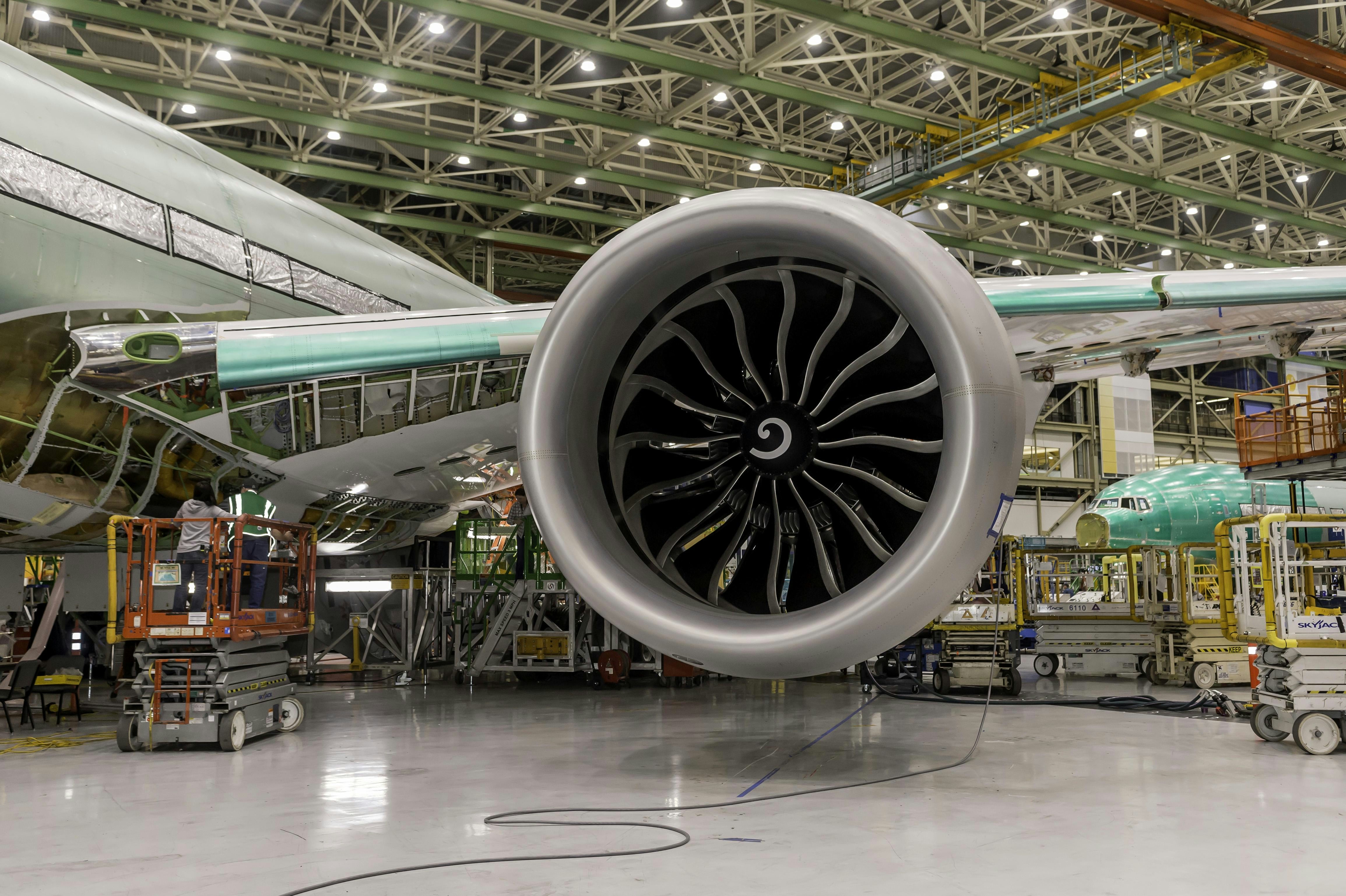
IATA Says Airlines Hesitant to Accept Aircraft Deliveries Amid Tariff Uncertainty

Flying Taxi CEO Regains Billionaire Status After Stock Surges 160%
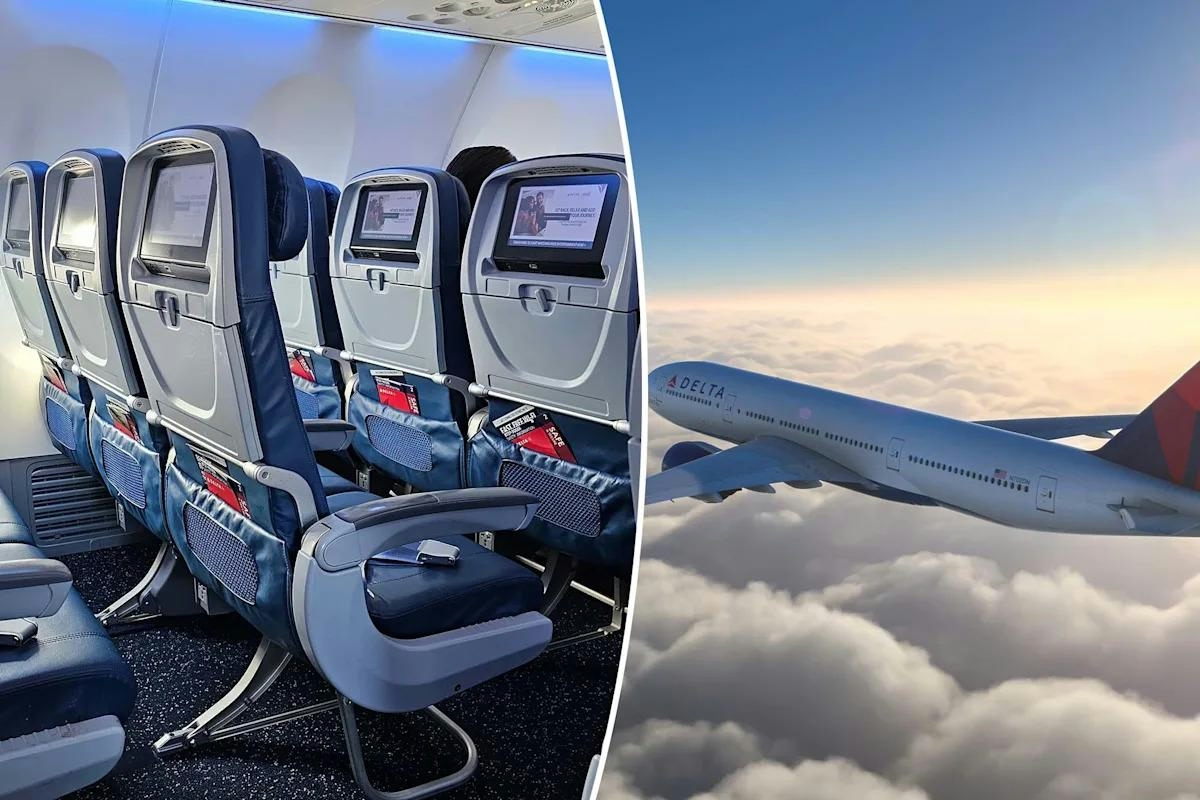
Delta to Use AI for Ticket Pricing
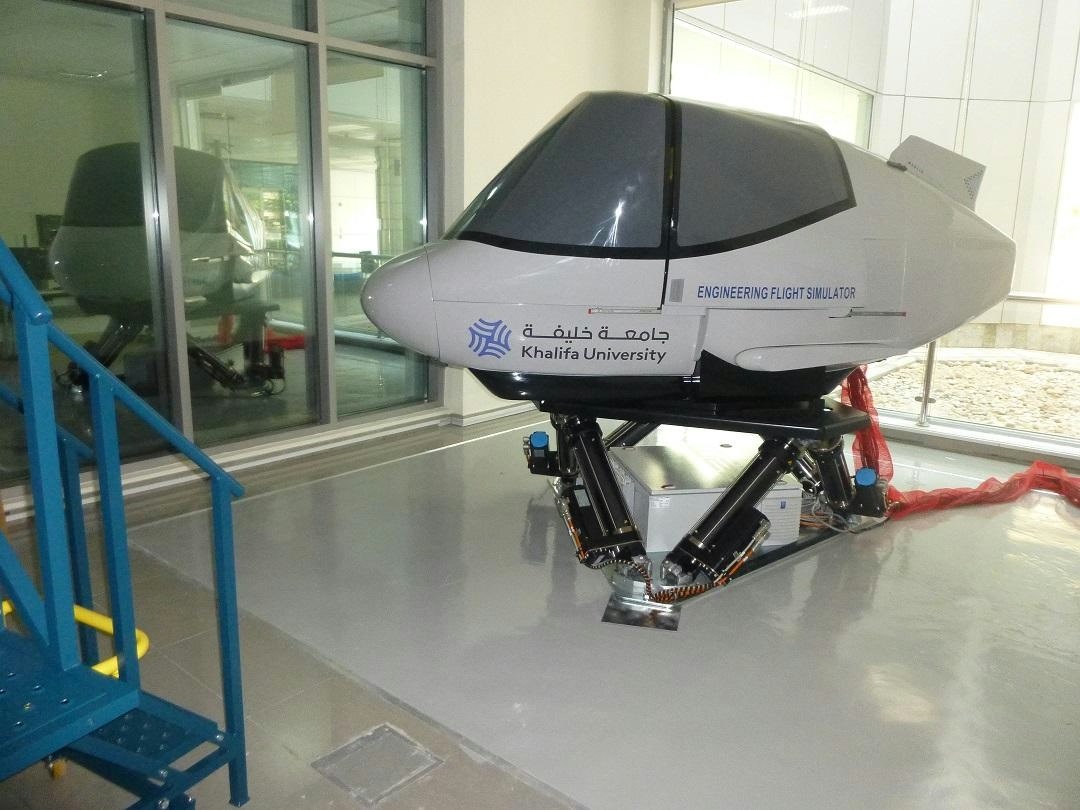
Khalifa University Students Drive Aerospace Innovation with Merlin MP521 Flight Simulator
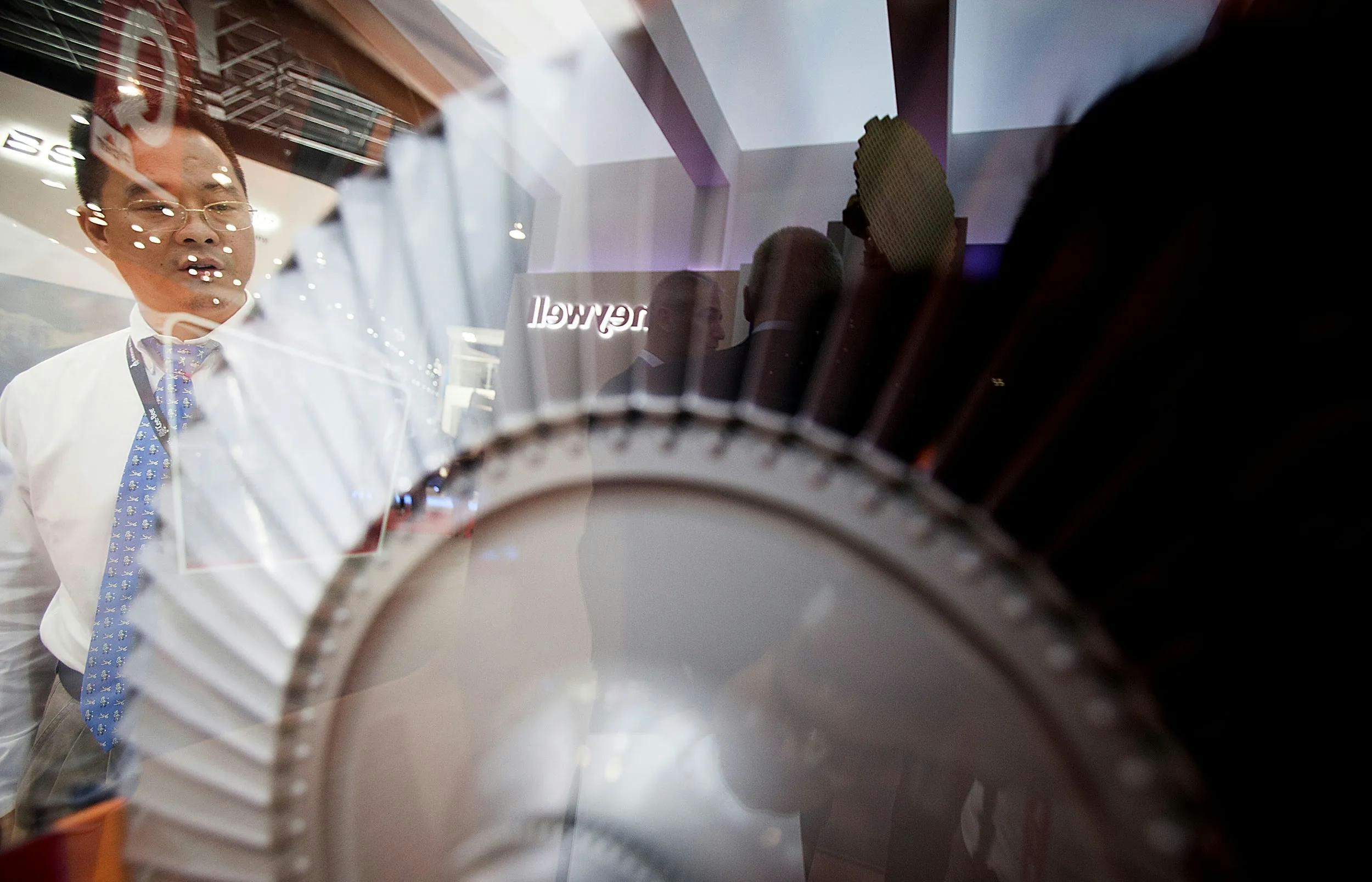
Woodward Stock Gains on AI Data Center and Aerospace Prospects

Joby Aviation to Double Production at Air Taxi Manufacturing Facility

Military Aircraft Maintenance Market Projected to Reach $145 Billion by 2034
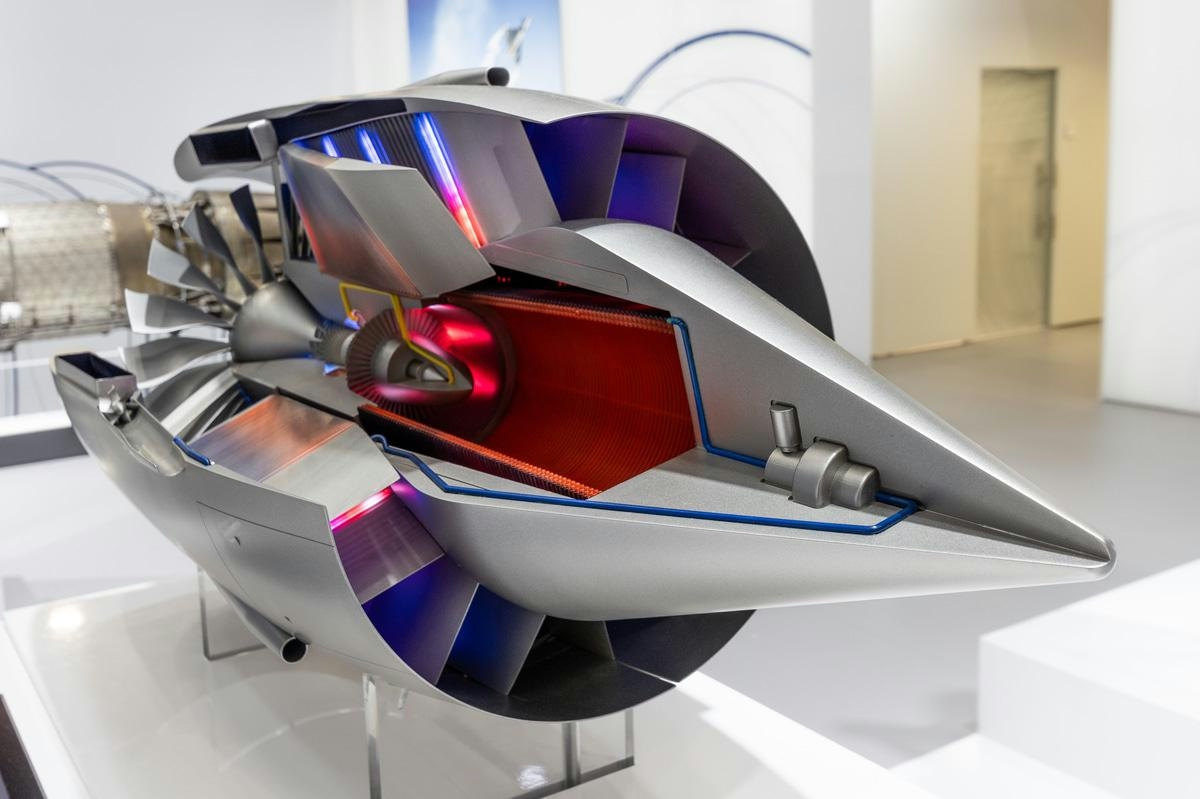
King’s Advances Jet Zero Initiative with Hydrogen Engine Project
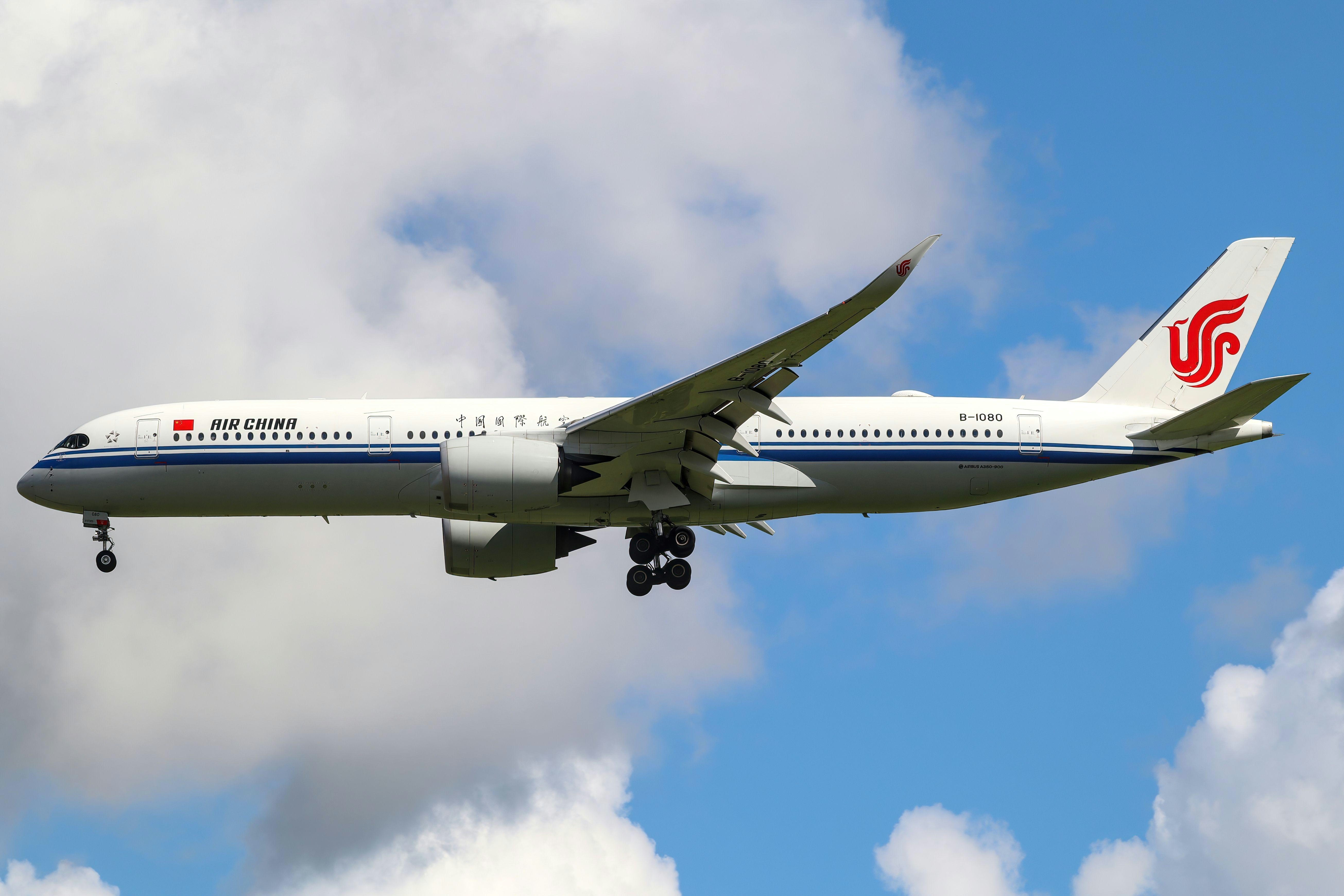
Air China A350 and Freighter Nearly Collide Over Russia
